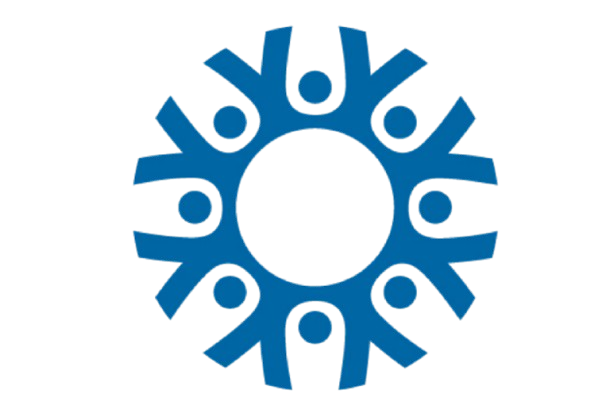About WUSC
The World University Service of Canada (WUSC) is a non-profit international development organization dedicated to improving education, employment, and empowerment opportunities for youth around the world.
Through its Student Refugee Program (SRP), WUSC operates a one-of-a-kind youth-to-youth refugee sponsorship program that combines resettlement with post-secondary education—placing Canadian institutions and students at the center of funding and support.
Since becoming a Sponsorship Agreement Holder with Immigration, Refugees and Citizenship Canada in 1978, WUSC has sponsored over 2,000 refugee students. Today, more than 80 Canadian campuses participate in SRP, each with a volunteer student group supported by faculty and staff.
The Student Refugee Program (SRP)
The only program in the world that combines refugee resettlement with access to higher education.
-
Student-Led: Campus groups officially act as sponsors, handling everything from securing funding to providing social and integration support.
-
Funding: Support often comes through student levies, fee waivers, and agreements with university administrations.
Responsibilities of Student Sponsorship Groups:
-
Organize funding and housing arrangements before scholars arrive.
-
Welcome and orient scholars upon arrival.
-
Offer ongoing support throughout their studies and integration into Canadian life.
WUSC at McGill
At McGill, WUSC is supported by a SSMU student fee, $4 a semester per student, that allows us to sponsor and resettle 7+ refugee students each year.
Our work includes:
-
Preparing for the arrival of new SRP scholars.
-
Supporting current scholars during their studies.
-
Ensuring long-term integration into the McGill and Montreal communities.
How We Support Scholars
Key Dates:
-
Arrivals: May to September
-
Ongoing Support: October until the completion of their degree
Typical Support Activities:
-
Airport welcome and initial orientation.
-
Introduction to public transportation and the city.
-
Assistance with course registration.
-
Help finding housing and employment opportunities.
-
Social events and community-building activities.
-
Continuous personal and academic support.

